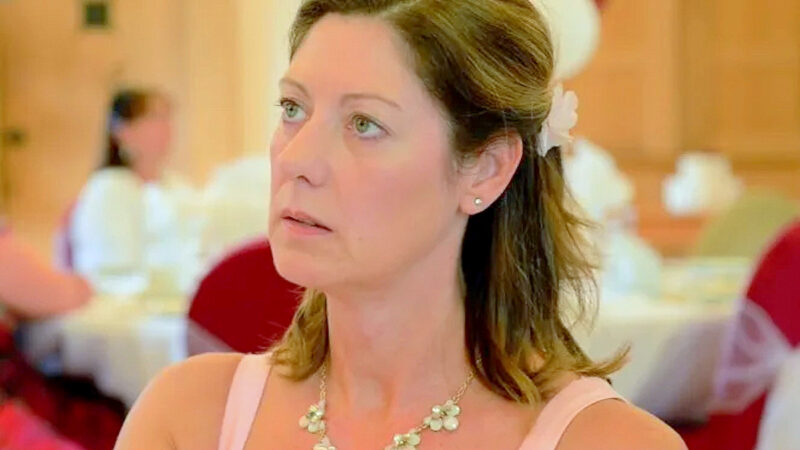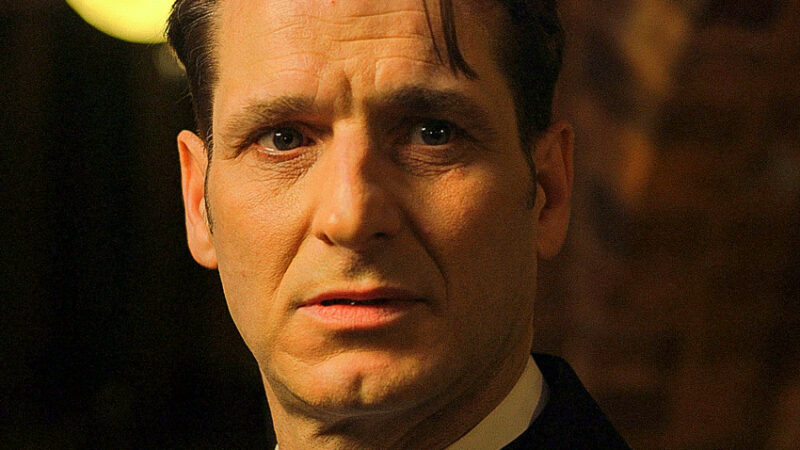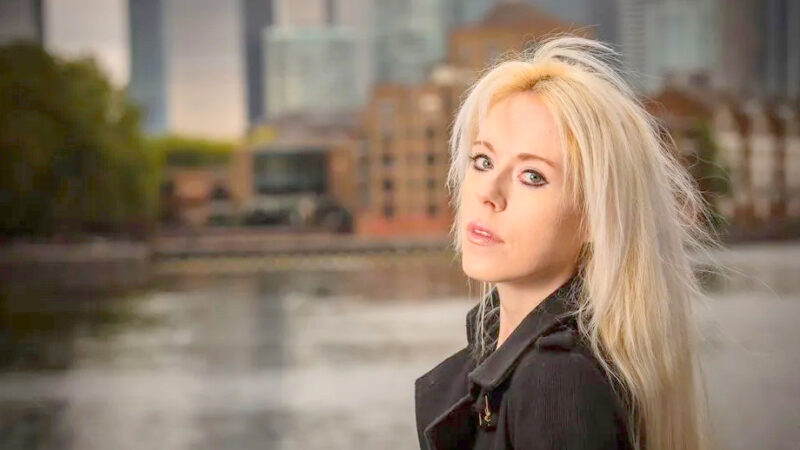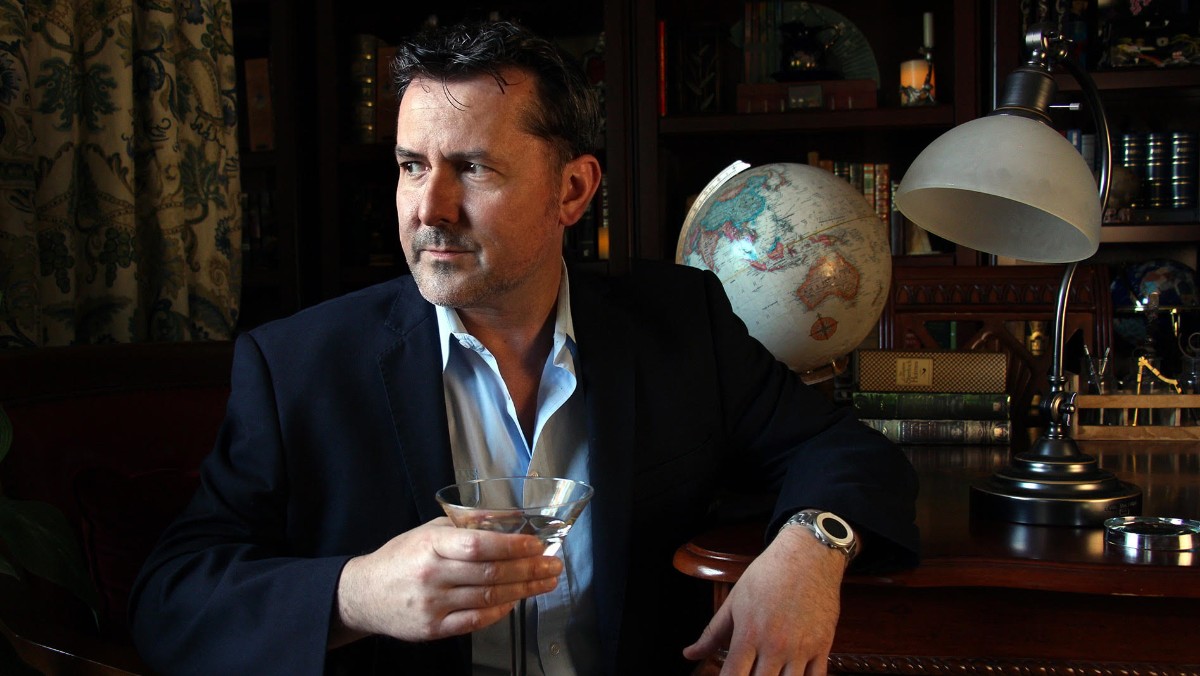
“Growing up, I really wanted to go into astronomy and astrophysics. That was my passion,” says James Kerwin”. But I remember, at an early age, being rather obsessed with re-creating movies and TV shows using action figures. So I suppose I always had a bit of the “filmmaking bug”.”
When I was in high school, my parents bought a video camera, and I began using it to create student films whenever I was assigned a report or class project. That’s where it really started. I entered college pursuing a double major in astrophysics and film, but I quickly realized that would take too long! So I wound up settling on a minor degree in astrophysics and a major in film production.
I was involved in several student film projects, and then after graduation, I began working as a P.A. or grip on movie sets in Dallas. Then I directed my first short, which starred Domenica Cameron-Scorsese and was executive produced by the great indie filmmaker and mentor L.M. Kit Carson (who passed a few years ago, sadly). It won a lot of awards on the festival circuit; it got me an agent, and I moved to Los Angeles.
Watch the Official Trailer for YESTERDAY WAS A LIE by James Kerwin from Indiepix Films
I soon wound up falling into theatre directing — a field in which I hadn’t had much experience but enjoyed nonetheless. I still direct theatre from time to time at venues like the Blank Theatre Company’s 2nd Stage and the Stella Adler. But I missed “film”! I missed being able to compose shots, do multiple takes, and craft scenes in the editing room. My first commercial feature was Yesterday Was A Lie, a sci-fi noir film from Entertainment One in 2009, starring Kipleigh Brown and Chase Masterson from Star Trek. It developed a bit of a cult following and recently had a tenth-anniversary Blu-ray re-release by IndiePix Films, for which I’m really grateful.
indieactivity: Did you study what you do?
James Kerwin (JK): While I don’t think it’s 100% necessary to attend a traditional four-year film school, I’m generally of the mindset that it’s a plus. I earned a Bachelor of Science from T.C.U. in Dallas/Fort Worth, which has a robust film and television program. Not only does a university education teach you the theory behind the art, but it also gives you the opportunity to learn via hands-on experience — with the guidance of professionals — which is invaluable. It’s POSSIBLE to just “pick up a camera and start making movies” — and there are certainly successful directors who’ve started that way — but that tends to be the exception rather than the rule.
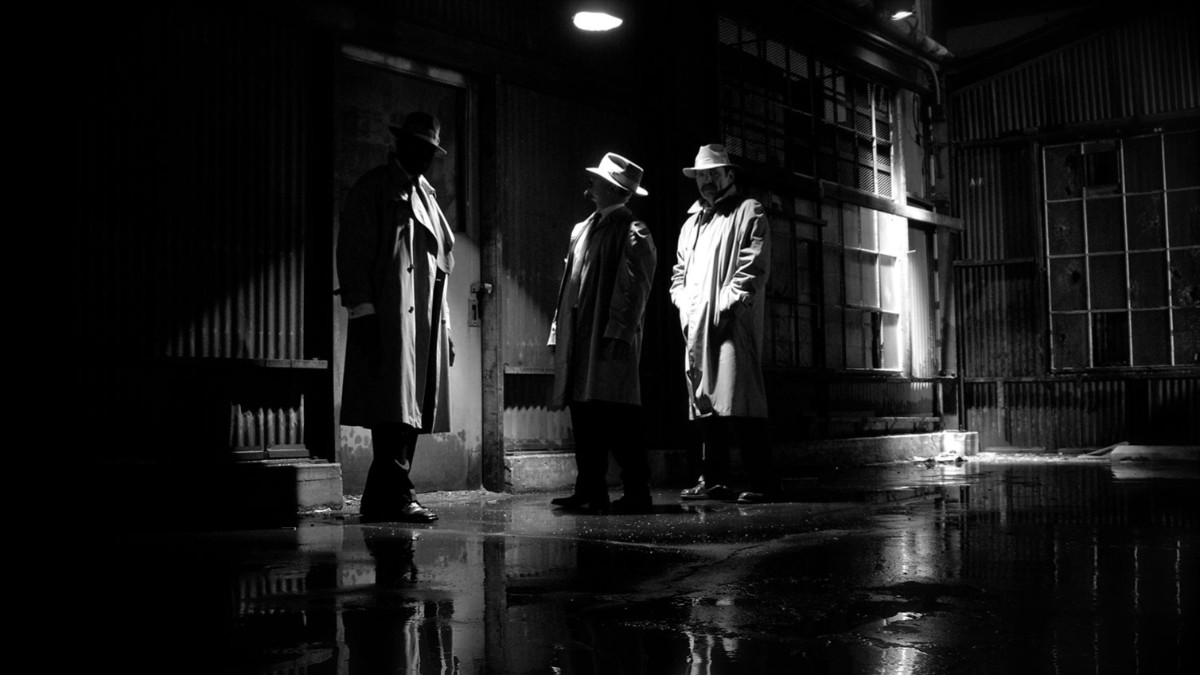
What is your filmmaking process?
James Kerwin (JK): In general, I enjoy making projects that are more “philosophical” in nature. Films that question and examine the human condition; the nature of our reality; the complexities of our interpersonal relationships. And — perhaps — bordering on the metaphysical. I think that’s been a running theme throughout my productions.
In a sense, there are two types of film directors: those who work for hire and those who develop their own projects (often “independently” of the studios). I’m definitely the latter. I suppose you could call that the “auteur” model, for lack of a better term. But I also don’t think you can direct in a “bubble.” “Film” is a very collaborative medium, and you have to surround yourself with people whose artistic skills you trust and rely upon.
I’m one of those directors who agonizes over every shot. I probably overthink things, but it’s necessary sometimes when so much money is on the line. It is not just to roll and hope to figure it out in post. It’s necessary to spend as much time as possible in prep, planning EVERYTHING. I storyboard the entire movie; I think that’s critical if you’re operating on an indie budget and don’t have the time or money to shoot high ratios.
If you come to set prepared, you’re not going to waste anyone’s time, and you’ve got a much better chance of making your days and not going into overtime. It also shows respect for your cast and crew, who are working their behinds off to realize your vision. I think, as a director, I owe it to them not to be making all my creative decisions on set.
The Official Trailer for WHEN THE TRAIN STOPS. Starring Darren Jacobs, and Rekha Sharma. Directed by James Kerwin, written by Bernadette Hale, and produced by Lisa Hansell
For that same reason, I’m not the kind of director who films a lot of “masters.” If you show up prepared, you should know exactly what you need to shoot. Now, if it helps the actors to do an entire “master” run-through of the scene, then, by all means, do it! But if it’s not necessary, it just eats up a lot of time, money, and hard drive space. Get the coverage you need, and move on
Let’s talk about the last project you did; how did you prepare: the cast, the physicality, the terrain, the climate, the weather, and the demands of the project?
James Kerwin (JK): For several years, I took a break from filmmaking to write and direct a web series called Star Trek Continues. Afterward, some of us from that project — led by producer Lisa Hansell — got together to make a short film (When The Train Stops) which starred classic actor Michael Forest, John de Lancie, and Rekha Sharma.
On Train, we had a tight schedule. It’s a western drama, so there were complex exterior location shots; a lot of Steadicam, handheld, and aerial footage… actors on horseback… typical “chase scene” material. This was compounded by the fact that we had severe flooding and mud-slides in Los Angeles that spring… so when we arrived on-location to film, the geography had actually eroded and physically changed since the scout! Our D.P. (Pierce Cook) and I had to reimagine things at the last minute
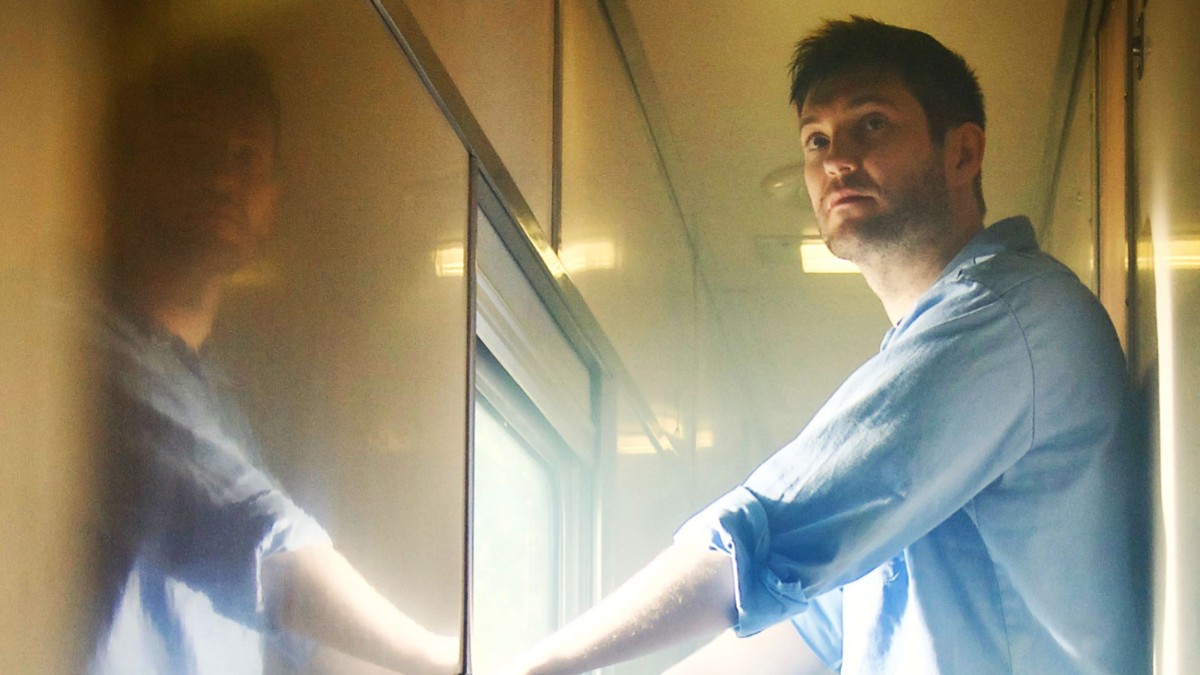
What did you take away from that film production?
James Kerwin (JK): One thing I took away from When The Train Stops is that, sometimes, it doesn’t matter how much you’ve prepared and storyboarded in advance. If the stuff hits the fan, you have to think on your feet and compromise. Luckily we did, and I think the project came out quite well.
But also — and this might be a controversial thing to say — filmmakers should come to terms with the fact that there’s very little market for traditional short films today, unfortunately. I love shorts; I enjoy making them, and I enjoy watching them. But they’re “art for art’s sake.” Gone are the days when you could shoot a short film and then get a full-length feature funded because of it. And gone are the days when you could make any real money distributing a short. Sure — there are exceptions. Always. But with the ubiquity of free short content online and the sheer amount of material being produced, the chances of making a “splash” with a short film are incredibly slim.
Tell us about your newest project, “Contre-Coup.” What is this upcoming film about? How did the story develop into a screenplay? What challenges are you expecting to tackle?
James Kerwin (JK): I’m really excited about Contre-Coup. I don’t want to give away any spoilers — and this film is quite “twisty” — but, in general, it’s about a particle physicist who may (or may not) be involved in some questionable government experiments. He and his wife start to realize that their lives and memories are being fragmented and altered, but they have no idea why.

I was influenced by the classic sci-fi conspiracy movie Capricorn One. And philosophical relationship-based movies like Eternal Sunshine Of The Spotless Mind. But — given those influences — I was really motivated to write a film in which not only the Character are questioning their reality, but the Audience is as well. I want to tell a story in which you, the viewer, are trying to figure out what the heck is going on — right up until the very end! And ultimately, it’s a project that will serve as (I hope) an important examination of some of the issues our society is facing today.
Coming out of Covid-19, it’s great to be collaborating with many of the filmmakers and actors. These are people whom I’ve worked with over the past decade. They include Rekha Sharma (Star Trek: Discovery), Nicola Bryant (Doctor Who), Sarah Nean Bruce (producer), and Mike Avenaim (composer).
Developing any indie project is always a challenge. We’ve raised a significant portion of our budget, but we’re also doing a crowdfunding campaign via Indiegogo to supplement that. It’s entirely non-profit. The film is being made via a 501(c)(3) cinematic arts foundation. So I encourage folks to check it out here if they’d like to be a part of it!
Do you have a strategy planned for when the film is finished? Going to film festivals? Etc.?
JK: It’s a bit too early to tell. Ultimately, sure, playing on the festival circuit is important. Yesterday Was A Lie played in festivals for about a year before it was picked up and theatrically released. Getting those film festival accolades is always nice when negotiating with distributors!
indieactivity: Do you have advice for other filmmakers?
JK: I don’t feel like I’m one to give advice, but I will say this: If you love filmmaking — and I mean truly, truly love it, to the point at which you can’t imagine yourself doing anything else — then go for it.
If you can, get a university film education, and work in below-the-line crew positions on other projects for a while. But not too much, just enough to learn the ropes. If you remain below the line for very long, you risk getting typecast and never moving into directing. There’s very little vertical mobility in this business. The mobility is more “horizontal” — from smaller projects to larger projects — if that makes sense. So if you want to direct, then start directing — even small films — as soon as you can possibly afford to.
Find a niche; something special; a unique “angle” or “view” of the world that you feel you can explore. Write and direct for people who share your perspective, and tell stories that will resonate with them. Accept failure; learn from it, but always move on.
Don’t expect to make a lot of money, if any at all. Not unless you’re working for hire on other people’s projects. As indie filmmakers, that’s not why we’re in this, after all
Tell us what you think of the interview with James Kerwin. What do you think of it? What ideas did you get? Do you have any suggestions? Or did it help you? Let’s have your comments below and/or on Facebook or Twitter.
Follow James Kerwin on Social Media
Website
IMDb
Facebook
Twitter
Instagram
MORE STORIES FOR YOU
Jack Roper Joins Cast of Bruno Pischiutta’s Mega-Film Project, The Trilogy
British Actor Jack Roper joins Stephanie Tripp, Seven Grant, and Cristina Perez
The Exploding Boy by Monty Wolfe. The Micro-Budget Queer Coming Of Age Comedy
Monty Wolfe delivers an up-beat alternative to reboots, remakes, and sequels.
12 Year Old Actress, Sofia Carvalho: Emerges with a Bright Career Ahead
By Bruno Pischiutta



